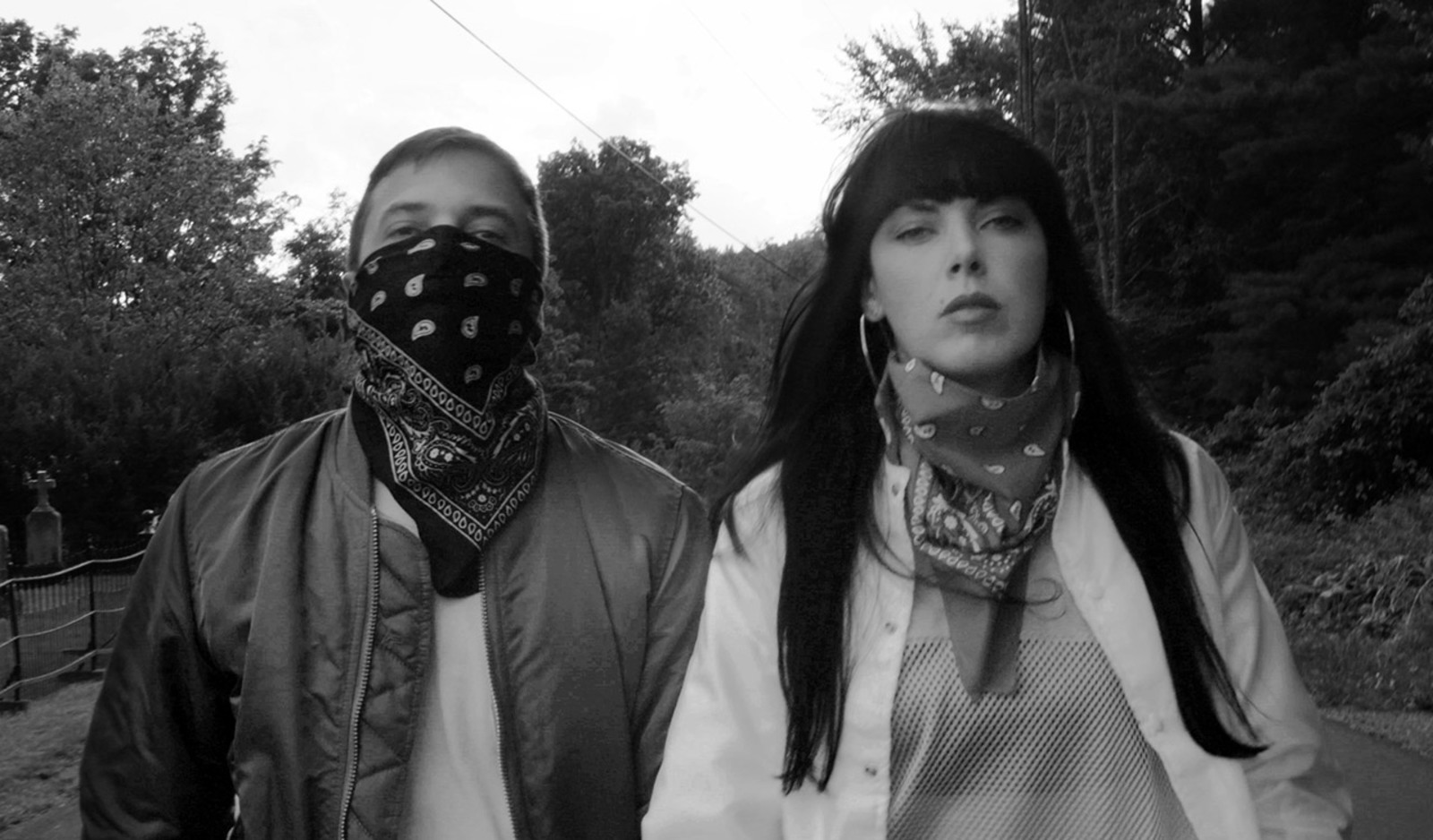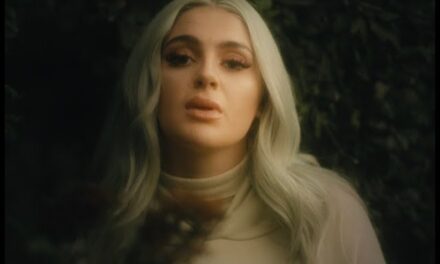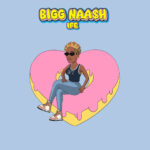From their early days as a four-piece, emo-pop band under the name The Consequence to their current status as an electronic producer trio, Cash Cash—now consisting of Jean Paul (“JP”) Makhlouf, Alex Makhlouf, and Samuel Frisch—have toured the world many times over. Just like other power pop standouts from Katy Perry to Paramore to the Black Eyed Peas, Cash Cash once graced the Warped Tour grounds, and while they’ve traded grinding it out at punk rock summer camp to sets at festivals like Electric Daisy Carnival and Ultra Music Festival, they’ve still got a hectic touring schedule that sees them constantly crisscrossing the globe.
Despite this, Cash Cash still feel connected to their New Jersey roots. When the group stopped at the Billboard Hot 100 Festival on Long Island this summer, it was immediately following a whirlwind tour in Asia. After performances in Japan, South Korea, China, and Indonesia—where they took the stage at Jakarta’s annual We the Fest—they returned stateside toheadline Premier Nightclub in Atlantic City, and Frisch tells us, “It was nice to have a minute to stop at home” en route to Long Island.
After a nonstop tour, a moment at home was a much-needed change of pace. When traveling on such an intense schedule, it’s the fans that keep Cash Cash going. Commenting on the crowd reactions overseas, JP mentions, “Everyone in Japan is so respectful, but they’re really passionate fans.” Passionate and ahead of the curve, indeed: Frisch adds that fans were “screaming back the words to all of our new songs that just came out a couple weeks ago.” There’s an intrinsic ebb and flow that comes along with dance music, a language strong enough that it allows producers and performers to travel and reach corners of the globe in away no other genre seems to match. Along with that, dance music allows fans in any city or country to dive right in and feel immediately at home. While “every country is different,” Cash Cash shared that fans in Asia embraced not only their music but dance music culture as a whole; JP mentioned that “there’s a really good market in Asia for dance music—I think it’s growing.”
No matter where in the world they’re taking place, festivals offer an entirely different experience to watching an artist at a headlining show. With current chart-toppers ranging from pop to EDM to rap, the Billboard Hot 100 Festival stretched across genre lines. Rather than attracting fans of a certain genre, music fans of all kinds flocked to Jones Beach to enjoy two full days of live music. For a group like Cash Cash, who have made the transition from one scene to another, a festival like Billboard was the perfect fit. When asked about their approach to various performances, JP says, “there’s little things that change here and there”between a festival like Hot 100 and “a day-club pool party in Las Vegas,” but ultimately “they’re all one and the same.” No matter where they’re performing, the group brings unforgettable energy and enthusiasm to the stage for a sound that’s undeniably Cash Cash.
And who is Cash Cash exactly? That’s something the group says their collaborators are able to nail down. They point out that other artists they work with will say, “I could always tell when it’s a Cash Cash record,” though they can never quite pinpoint what it is that defines their music. It’s hard to describe the experience of something you’re so in tune with because when you live it day in and day out, you don’t always understand the outside perception of it. As for what it is that defines Cash Cash, the group have an instinctual sense of what is and isn’t them. Frisch decides that “It sounds like us,” but sometimes find it hard to put that gut feeling in to words.
Choosing not to define themselves too narrowly has allowed Cash Cash to change up their sound frequently and blend styles, pulling influence from dance music, hip-hop, rock, and pop—sometimes all in the same song. “We work with singers and artists from all different genres, so we never get stuck doing the same thing for too long,” JP explains. “We’re definitely not making music for anybody but ourselves.” While they’ve got a dedicated fanbase all over the world, Cash Cash’s primary focus is creating the music that speaks to them. No matter what genre they’re approaching or pulling influence from, Alex shares that the group aims to “make it something that we feel proud of.”
Never shying away from the idea of reinvention, Cash Cash have a knack for keeping things fresh. They’re far from the only artist to transition from the alternative scene to dance music, but while most artists will regroup and rebrand under a different name when making the transition, they’ve called themselves Cash Cash since 2008 (they’d run into legal troubles due to not copyrighting their original name, “The Consequence”). Their early material, while often grouped into the alternative scene, always had dance and pop elements; the evolution in sound was slow but completely natural. After dipping their toes in to so many different variations of dance and pop music, 15 years into their career Cash Cash are on the verge of something more monumental than they ever could have imagined. After splitting from Universal Republic Records in 2010, they self-released The Beat Goes Onin 2012 as an LP in Japan, but an EP in every other country, making 2016’s Blood Sweat and Three Yearstheir first full-length in the U.S. since 2011’s Love or Lust. An extended break between records surely wasn’t going to slow them down. After announcing their signing to Big Beat Records and Atlantic Records in 2013, a steady output of EPs (2013’s Overtimeand 2014’s Lightning) and singles ensured the name Cash Cash was on the foreground of everyone’s mind. They cemented that fact when their 2013 single, “Take Me Home” featuring Bebe Rexha, was certified platinum in the U.S. and became their highest-charting song to date, reaching number 57 on the BillboardHot 100 and number 14 on the Mainstream Top 40.
Eventually, it came time for Cash Cash to focus on putting together a longer release. After going “song by song” for a few years, they regrouped and refocused to work on a new album. Combining already released singles with several new tracks, JP describes the resulting Blood Sweat and Three Yearsas “a collection of songs that defined an era and a chapter of Cash Cash and the music that we love.” On this album, the group partnered with artists across the board—there were dream collaborations with artists they’d grown up listening to, like Rzeznik, Busta Rhymes (“Devil”), Nelly (“Millionaire”), and Michael “Fitz” Fitzpatrick of Fitz and the Tantrums (“Broken Drum”), as well as newer and current artists they’re fans of like Sofia Reyes (“How to Love”), Jacquie Lee (“Aftershock”), and Julia Michaels (who performed the uncredited vocals on “Surrender”). It’s an interesting, invigorating combination that’ll keep listeners on their toes and shows Cash Cash’s ability to blend their sounds with different vocalists. “It was definitely an amazing experience working with all of them,” Frisch reflects.
Although sometimes they do write songs with a specific featured artist in mind, often someone unexpected will come in to the picture along the way. JP acknowledges that while “things fluctuate from when we start them to when we finish them, generally the ideal will be [in] the same ballpark.” It ties back to Cash Cash’s mantra of always creating music that “sounds like us.”
After a busy summer of international touring and festival performances, don’t expect Cash Cash to be slowing down any time soon. They’re “just always on the road” and working on new music like their Conor Maynard collaboration “All My Love.” The fan reaction to the track has been “overwhelmingly positive” both at live performances as well as online, where the “usually pretty vicious” YouTube commenters have been supportive.
When discussing what the future holds, the group made it clear that for now, “All My Love” is just a single. They’re “taking it one song at a time” to see how things develop, though their writing process is similar for a single or album. Bigger and better than before is the theme of Cash Cash’s career, and whatever they’re focused on, there’s a concentrated effort to take thenext step: “We’re just always trying to do something new and fresh for us, something better than we did last.”













